Books on the Wall blog posts covering contemporary literature, contemporary authors, and everything in between.
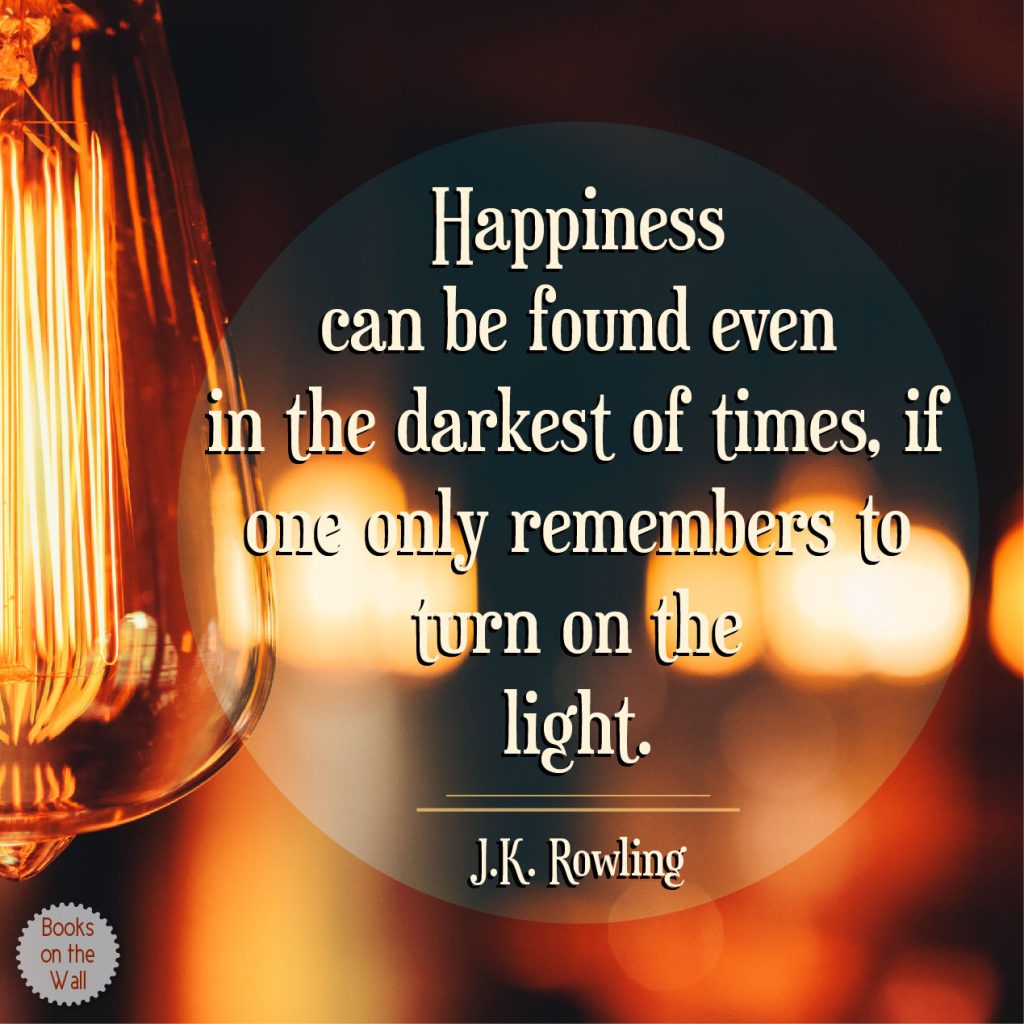
This quote is spoken by Albus Dumbledore in Harry Potter and the Prisoner of Azkaban, the third installment in the Harry Potter series. Although we name J.K. Rowling, the author of all seven original books, this quote was actually written specifically for the movie by screenwriter Steve Kloves. “Happiness can be found even in the darkest of times, if one only remembers to turn on the light.” JK Rowling & Steve Kloves, Harry Potter and the Prisoner of Azkaban
Continue Reading
One of our most beloved authors, Joseph Heller, passed away on this day 16 years ago. Heller was a brilliant satirist, a keen observer of human and societal absurdity, and a spinner of inimitable phrases and puns. Joseph Heller’s life Joseph Heller was born in Brooklyn, New York, in 1923. He graduated high school in 1941 and then joined the U.S. Army Air Corps shortly after the United States entered World War II. He trained as a B-25 bombadier, flying 60 missions out of Corsicana. After the war, Heller attended NYU for his undergraduate degree and Columbia University for his master’s degree […]
Continue Reading
Some books take a while to really get into. You slog through the first few chapters until, finally, something pulls you in and convinces you to finish it. Some books never get there at all. But a few books reach out to you from the very first words on the very first page. What is it that makes an opening line stand out? Some opening lines are effective because they succinctly introduce some major element of the novel: maybe the hero, the villain, the conflict or all of those at once. Some opening lines linger in our minds as poetry, […]
Continue Reading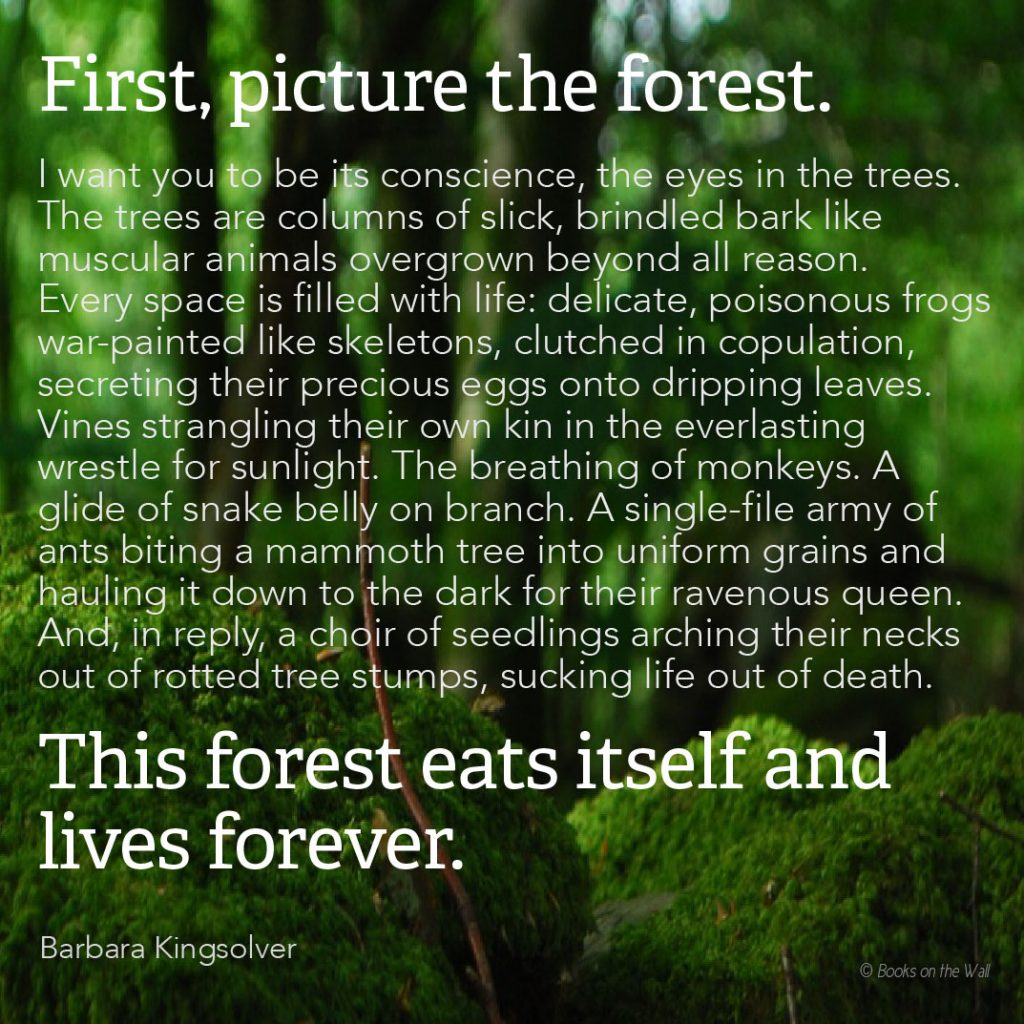
Published in 1998, The Poisonwood Bible follows the lives of the Price family, missionaries who move from the state of Georgia to the Belgian Congo in 1959. Throughout the novel, The Poisonwood Bible delves into the lives and minds of each member of the Price family as they build their lives in Africa. The novel ultimately explores themes of religion, guilt, humanity and the tragic consequences of colonialism. Barbara Kingsolver’s novel was a finalist for the Pulitzer Prize in 1999.
Continue Reading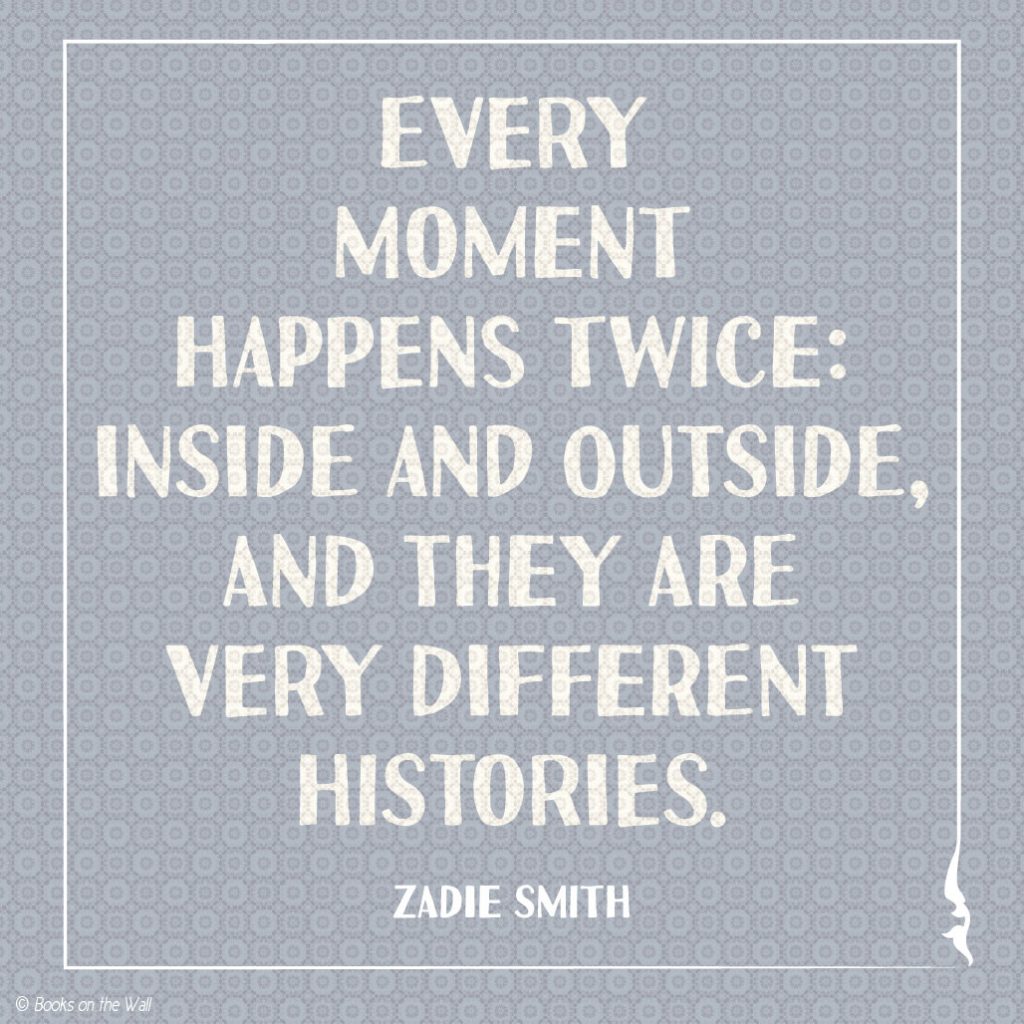
This quote comes from Zadie Smith’s novel, White Teeth. Published in 2000, White Teeth follows the London lives of two friends: Samad Iqbal, originally from Bangladesh, and Archie Jones, an Englishman. Like many of Smith’s other works, White Teeth explores themes of personal and societal identity, immigration and homeland, class, and race. Zadie Smith’s sharp sense of humor and multiple narrative viewpoints have earned her several literary prizes, including the Whitbread Book Award and the Guardian First Book Award. Smith also frequently contributes both fiction and non-fiction essays to the New Yorker.
Continue Reading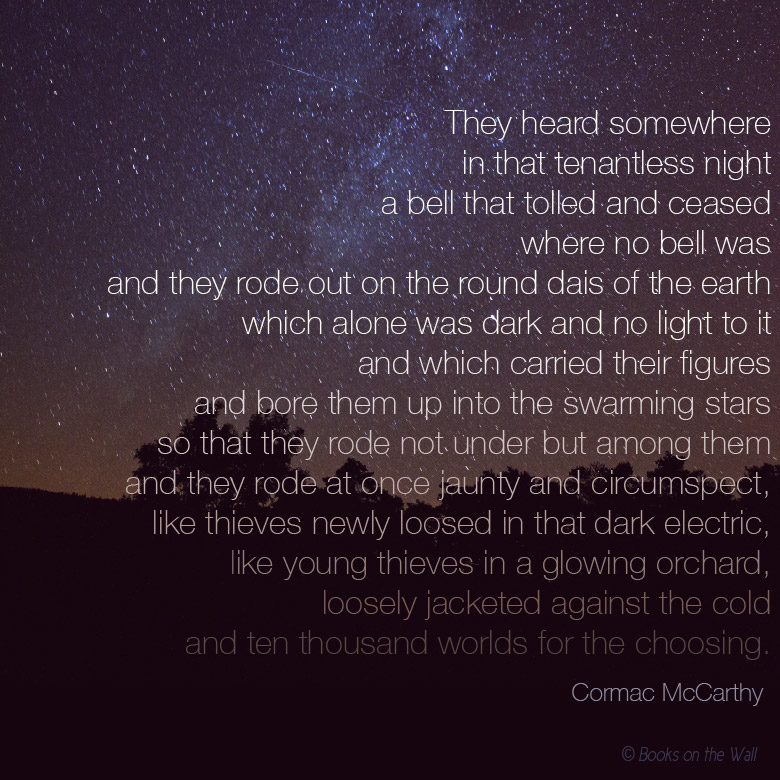
This quote comes from All the Pretty Horses, winner of the U.S. National Book Award and National Book Critics Circle Award. Published in 1992, All the Pretty Horses is the first installation of McCarthy’s Border Trilogy. The novel follows two teenage boys from Texas, John Grady Cole and Lacey Rawlins, who travel south into Mexico to become cowboys. Written in McCarthy’s distinct style of sparse yet sprawling, simple yet profound stream-of-consciousness prose, All the Pretty Horses is at once romantic, humorous, tragic and deeply philosophical. Cormac McCarthy is renowned for other works including The Orchard Keeper, Blood Meridian and The […]
Continue Reading
This quote comes from his most recent work, This is How You Lose Her. The works of Junot Diaz center around young Dominican American men and their families, some of whom have immigrated to the United States and some of whom remain back home on the island. Incorporating Dominican history, English and Spanish slang, ghosts, and nerd-pop culture, Diaz’s works examine universal questions of identity, heritage and love with a uniquely fresh voice.
Continue Reading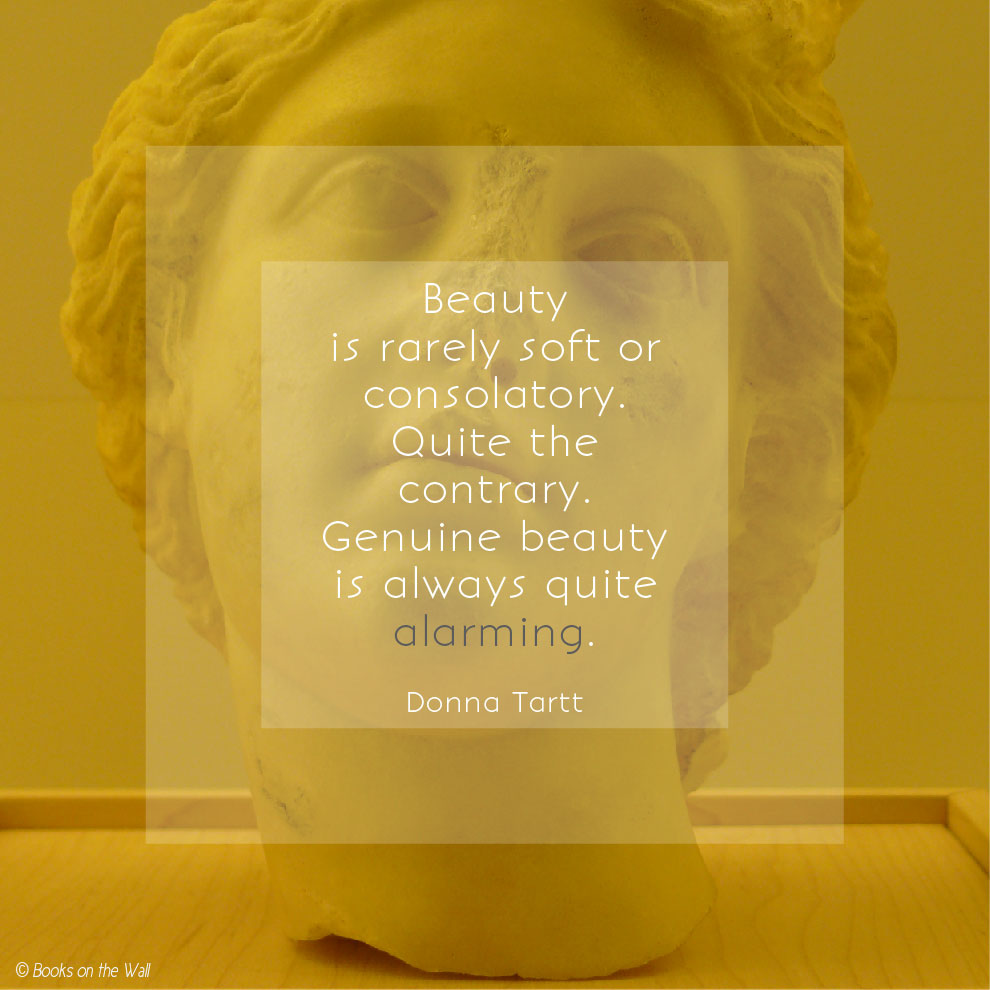
This quote comes from Donna Tartt’s early work, The Secret History. Published in 1992 when Tartt was only 28 years old, The Secret History follows a close-knit and extremely exclusive group of friends who study classics at an elite liberal arts college in New England. Filled with classical allusions, mystery, melodrama and the occult, The Secret History is a dark, engaging and philosophical work. In 2014, Donna Tartt received the Pulitzer Prize for her bildungsroman-style epic novel The Goldfinch, despite some notable criticism from the upper echelons of the literary world.
Continue Reading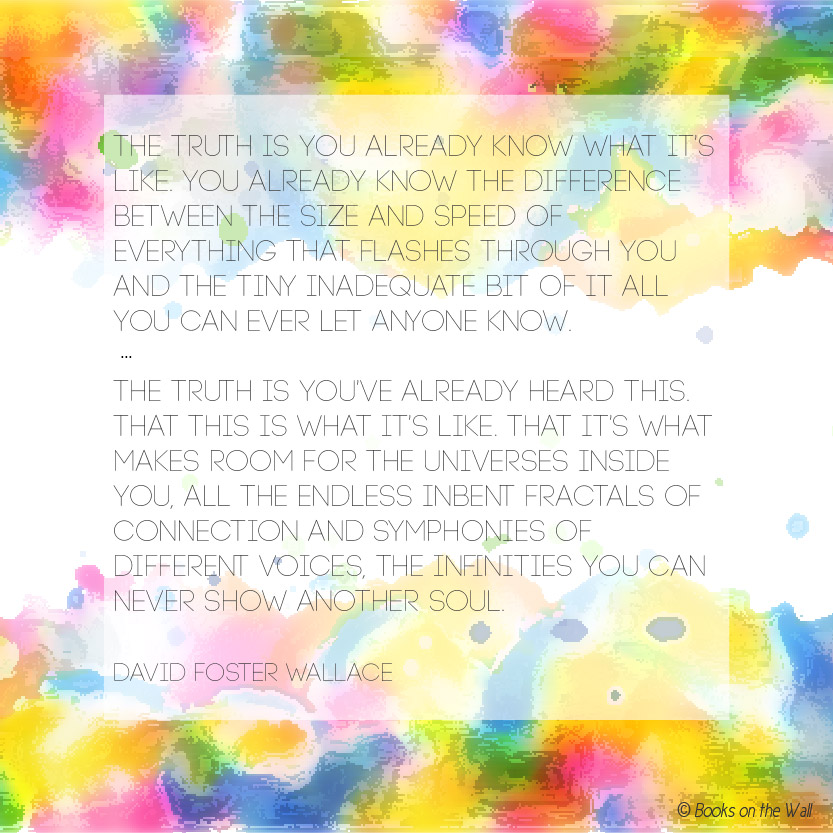
This quote comes from David Foster Wallace’s short story “Good Old Neon,” published in the 2004 collection Oblivion: Stories and O. Henry Prize Stories 2002. “Good Old Neon” is posthumously narrated by Neal, an attractive and apparently successful American businessman who committed suicide by crashing his car. In a simple first-person monologue, Neal expresses his lifelong emotional torment at his self-proclaimed fraudulence and inability to ever be authentic. “Good Old Neon” devastatingly explores what it means to be authentic or lonely or successful or empty—or all of these at once. Like much of Wallace’s work, “Good Old Neon” peers into […]
Continue Reading
The first post of our new weekly feature, Words Wednesday, spotlights Salman Rushdie, one of our favorite contemporary authors. This quote comes from Salman Rushdie’s highly acclaimed and hugely controversial work The Satanic Verses. First published in 1988, the novel opens as two Indian expatriate friends, Gibreel Farishta and Saladin Chamcha, fall from the sky after surviving a plane bombing. The two friends land on earth magically transformed into the archangel Gibreel and the devil himself. The novel follows the two characters as their new lives both diverge and intersect. Moving fluidly between plots spanning thousands of years, The Satanic Verses […]
Continue Reading